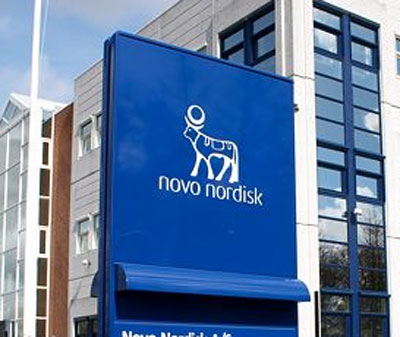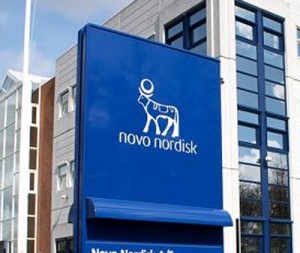New study with Victoza showed improvements in blood glucose control in adults with type 2 diabetes who fasted during Ramadan
Posted: 8 June 2015 |
New findings showed that adults with type 2 diabetes treated with Victoza experienced improvements in blood glucose control while fasting during Ramadan…


New findings showed that adults with type 2 diabetes treated with Novo Nordisk‘s Victoza® (liraglutide), in combination with metformin, experienced similar improvements in blood glucose control while fasting during Ramadan compared with sulfonylurea (SU) plus metformin.


People treated with Victoza also demonstrated significantly better weight loss and fewer confirmed hypoglycaemic episodes compared with those treated with sulfonylurea during Ramadan. Findings from the LIRA-Ramadan™ study were presented at the 75th Annual Scientific Sessions of the American Diabetes Association (ADA).
Greater weight loss was observed in people treated with Victoza
The 33-week, open-label, randomised study showed that Victoza sustained blood glucose control during four weeks of Ramadan, with similar reductions in fructosamine levels compared with sulfonylurea. Testing fructosamine allows the effectiveness of diabetes treatment to be reliably evaluated after a couple of weeks. During Ramadan, patients treated with Victoza experienced fewer confirmed hypoglycaemic episodes compared with people treated with sulfonylurea, even though the Victoza group had lower fructosamine concentration at the start of Ramadan. In addition, greater weight loss was observed in people treated with Victoza during Ramadan vs. sulfonylurea.
“Fasting during Ramadan presents unique medical challenges for people living with type 2 diabetes and their healthcare providers,” said Dr Sami Azar, Professor of Medicine at the American University of Beirut Medical Centre, Beirut, Lebanon and principal investigator of the LIRA-Ramadan™ trial. “Prolonged fasting, often followed by large nighttime meals, can affect blood glucose levels and result in severe hypoglycaemia and hyperglycaemia. To help minimise these risks, physicians and people with type 2 diabetes should consider evaluating and discussing diabetes management plans in advance of Ramadan.”
More than 50 million Muslims worldwide with diabetes fast during Ramadan. Muslims with type 2 diabetes who fast have an estimated 7.5–fold increased risk of severe hypoglycaemia and a five-fold increased risk of severe hyperglycaemia (requiring hospitalisation) during Ramadan.




